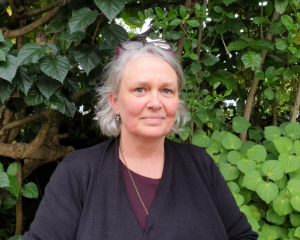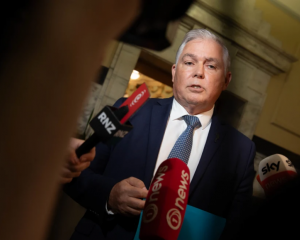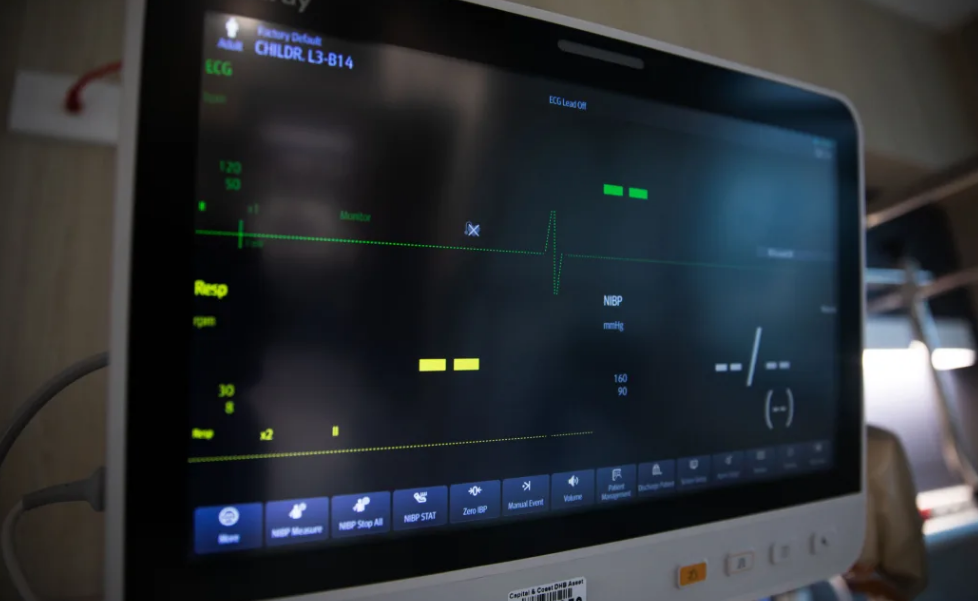
New Zealand's public hospitals have been given the target to save a total of $105 million by July this year.
Health NZ /Te Whatu Ora released this figure to RNZ on Friday afternoon after a series of leaks about which health districts faced what targets.
It said several districts have gone over budget in the past three months - and adds it is "reducing the overspend, not making cuts".
Earlier in the day, RNZ reported leaked information showed 12 districts had to save more than $80 million; the leaked figures were largely correct.
For the first time, what the other eight mostly smaller districts need to save is revealed here - $23.3 million together.
The savings ordered range from 0.6 percent to 1.2 percent of a district's budget. A group in the central North Island face the highest proportional targets.
"The work we are doing is about bringing us back to budget," chief executive Margie Apa said.
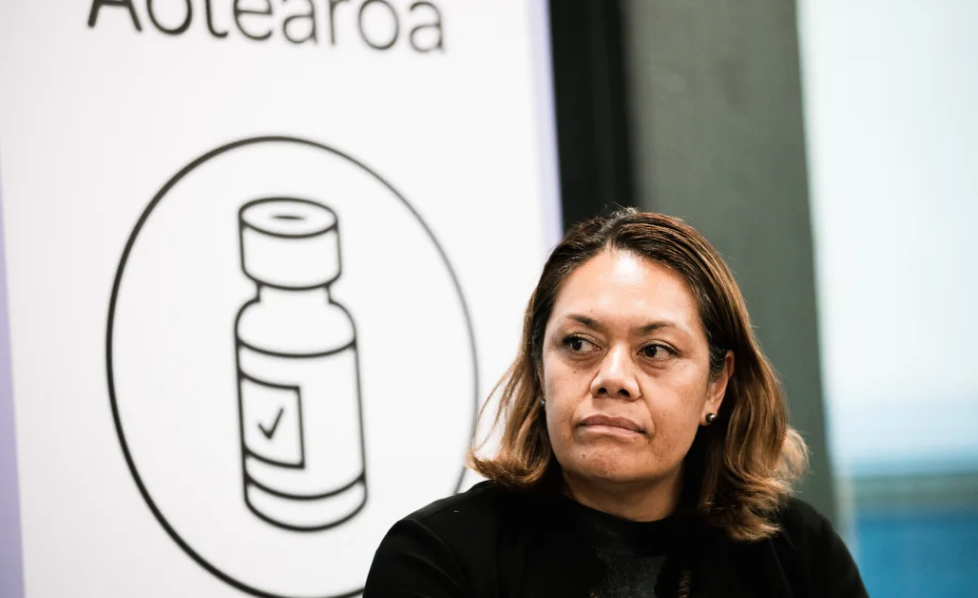
A PwC staff member was helping at Canterbury/Waitaha where there had been some resignations recently in the finance team.
"We do not have additional PWC support of this nature in other districts," Apa said in a statement to RNZ on Friday afternoon.
The savings had to be viewed against total budgets, she said.
Health NZ was funded almost $23 billion for 2023-24.
"Our hospitals have faced some major cost pressures this year."
They had managed to hire more clinical staff, nursing and medical graduates, and almost 2500 nurses last year.
"That means we can reset the staffing in our hospitals, with less reliance on contingent or temporary staff. It also means staff can, and should, take leave," Apa said.
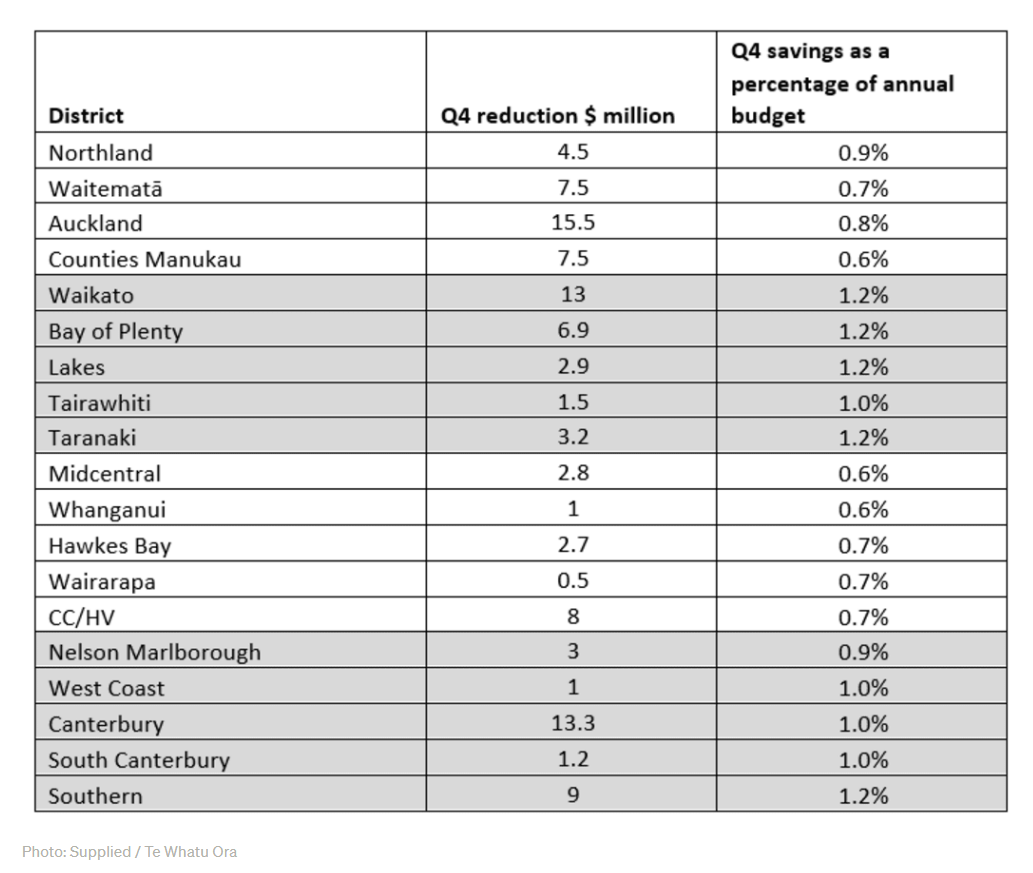
Assurances over medical care
Health unions have warned the constraints will impact medical care, which is denied by Health NZ and Health Minister Shane Reti.
"We expect local managers to use their judgement to make decisions in their own settings when it comes to how they manage this," Apa said.
"Managing clinical risk and ensuring patient safety remain our top priority, and resources are not being taken away from delivering frontline services.
"The measures we are taking are designed to help tighten management controls over budgets so we live within our means."

In a statement, Dr Reti said: "Health NZ is not subject to the same government directive for savings as some other departments. These are operational decisions made by Health NZ, not the government.
"What Health NZ is doing is finding ways to reduce spending by making day-to-day operational practices as efficient as possible so they can re-invest in the frontline.
"I have been assured that managing clinical risk and sustaining services is always Health NZ's top priority. None of these cost-saving measures will impact the level of care patients receive."
When asked to supply the document or advice confirming that cost-cutting would not impact patient care, a spokesperson for the minister said he met officials often and received this assurance from Health NZ verbally.








